BLOG
A Guide to Housing Rights for Students with Disabilities
By Tyler Hakes
Back to the blog
This guide is meant to help students with disabilities–many of whom are living alone for the first time–navigate the process of finding accessible housing and understand their rights in the process and what they can and should do to find somewhere where they’ll be comfortable living.
Depending on the nature of the student’s disability, some rental units may not have proper accessibility or may make for difficult living conditions. Only dwellings built or tenant occupied after 1991 are required to meet accessibility standards such as having an accessible entrance and public-use areas. So some older rentals may not meet these standards.
But in the case of both new and older dwellings, students with disabilities still have a number of rights under the Fair Housing Act, which they can exercise to make the process of finding housing easier.
Here, you’ll find a detailed guide to the Fair Housing Act and specifics about how it applies to student renters with disabilities of all types.
Table of Contents
- Definition of Disability
- Protection from Discrimination
- Reasonable Accommodations
- Reasonable Modifications
- Building Accessibility Requirements
- Service and Support Animals
- Documentation of Disabilities
- Seeking Help with Accessible Housing
- Additional Resources
CHAPTER 1
Definition of Disability
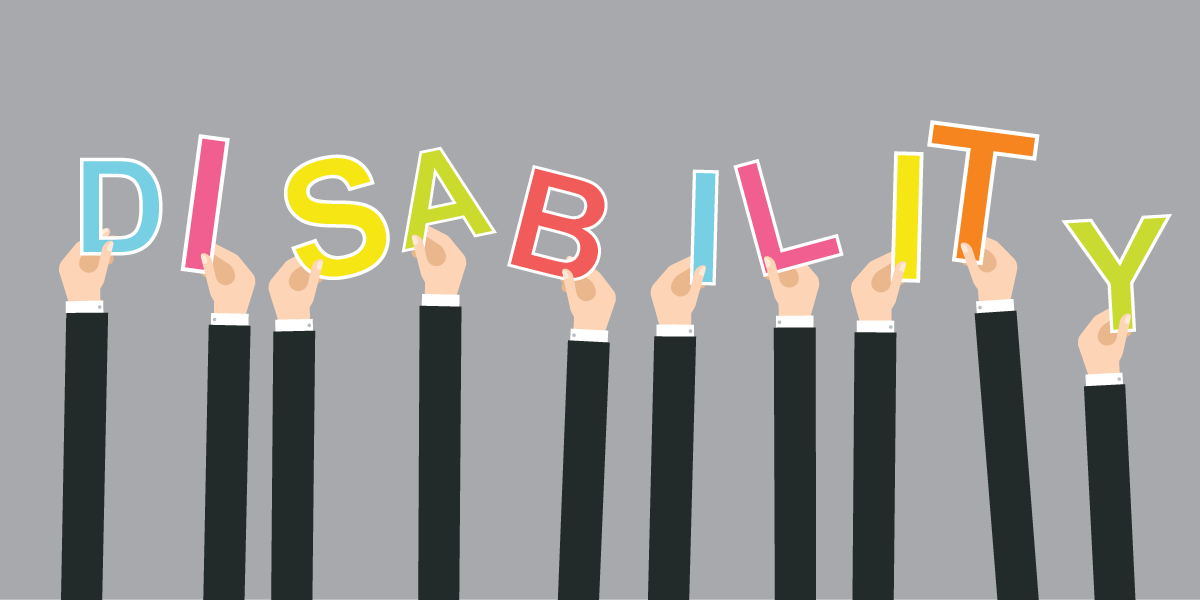
To begin outlining the rights set forth by the Fair Housing Act, it’s important to understand how disabilities are defined within the context of this legislation.
There are a few key points you should know right away:
- Disabilities include both physical and mental impairments of many types
- The term disability, as it is stated here, is defined as, “a physical or mental impairment that substantially limits one or more major life activities.” These major life activities include: walking, talking, hearing, seeing, breathing, learning, performing manual tasks, and caring for oneself.
- This definition can include a range of conditions–including things like alcohol addiction and many forms of mental illness
- It’s important to keep in mind that the Fair Housing Act exists to provide accommodations and protections for people with physical disabilities, such as accessibility, but it also protects renters with many other types of disabilities from discrimination and/or unfair treatment by housing providers.
CHAPTER 2
Protection from Discrimination

Housing providers may not restrict or alter terms, pricing, or criteria for rentals on the basis of disability–period.
This protection is intentionally broad and is the basis for recourse against any housing provider who may discriminate against those with disabilities. If an otherwise qualified tenant is refused or offered different rental terms on the basis of a disability, the housing provider is violating this protection from discrimination.
Although proving rental discrimination can be difficult, there are many organizations that assist disabled renters with navigating potential discriminatory situations.
If you feel you may have suffered from housing discrimination on the basis of a disability, you should contact the U.S. Department of Housing and Urban Development (HUD) or see our list of additional resources.
CHAPTER 3
Reasonable Accommodations
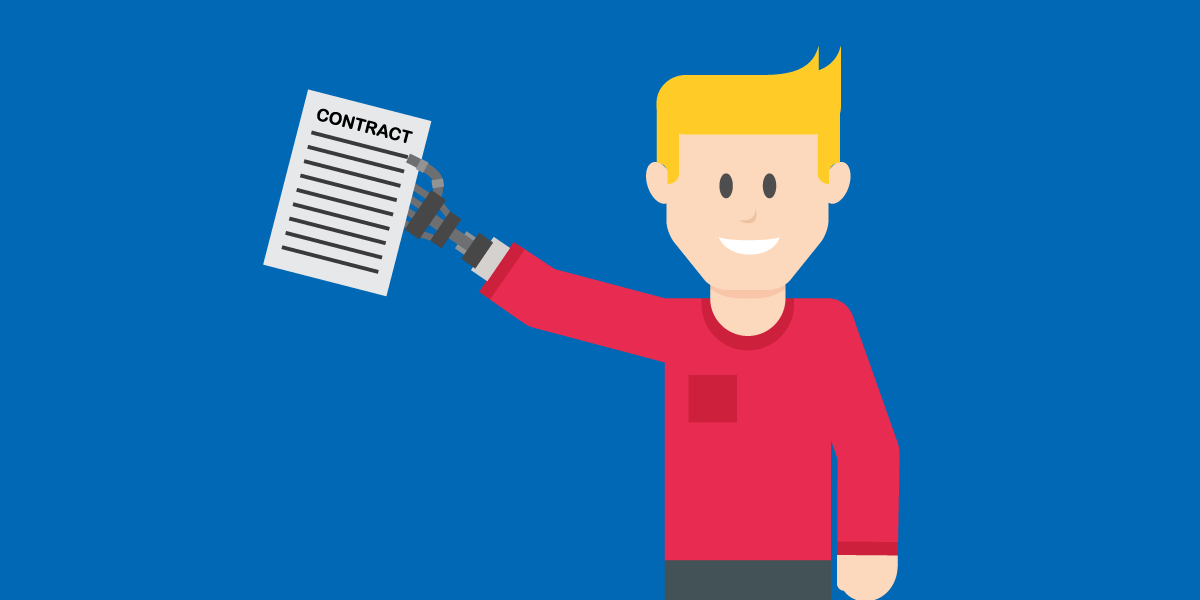
Under the Fair Housing Act, housing providers are required to provide what is called “reasonable accommodations” to meet the needs of people with disabilities.
This term is intentionally vague. It’s meant to afford opportunities for renters with disabilities, but without forcing every landlord to make huge and expensive changes to their property, like installing an elevator. This means that as a renter with a disability, your landlord may be required to make small, “reasonable” changes to accommodate your needs, but they aren’t required to take extensive action to make the property accessible.
Reasonable accommodations also include changes to rules and policies that will impact tenants with disabilities. For example, a housing provider might be expected to allow for a tenant with mobility issues to have a reserved parking spot near the entrance to their rental, even if other tenants are generally not given reserved spots.
This section of the Fair Housing Act also allows for renters to request reasonable accommodations for a service animal, which is covered in more detail in chapter 6.
No undue burden
These accommodations must not impose an “undue financial or administrative burden” on the landlord or property owner.
In layman’s terms, this means that your landlord should do whatever they can to make things easier–but they aren’t required to do anything like make major renovations in order to accommodate a disabled tenant.
As a student renter with a disability, this is important to know. Housing providers likely will not make major modifications to make their property more accessible. This means that students with physical disabilities that require accessible entrances and spaces will want to target their rental search to units that already have these accommodations.
CHAPTER 4
Reasonable Modifications
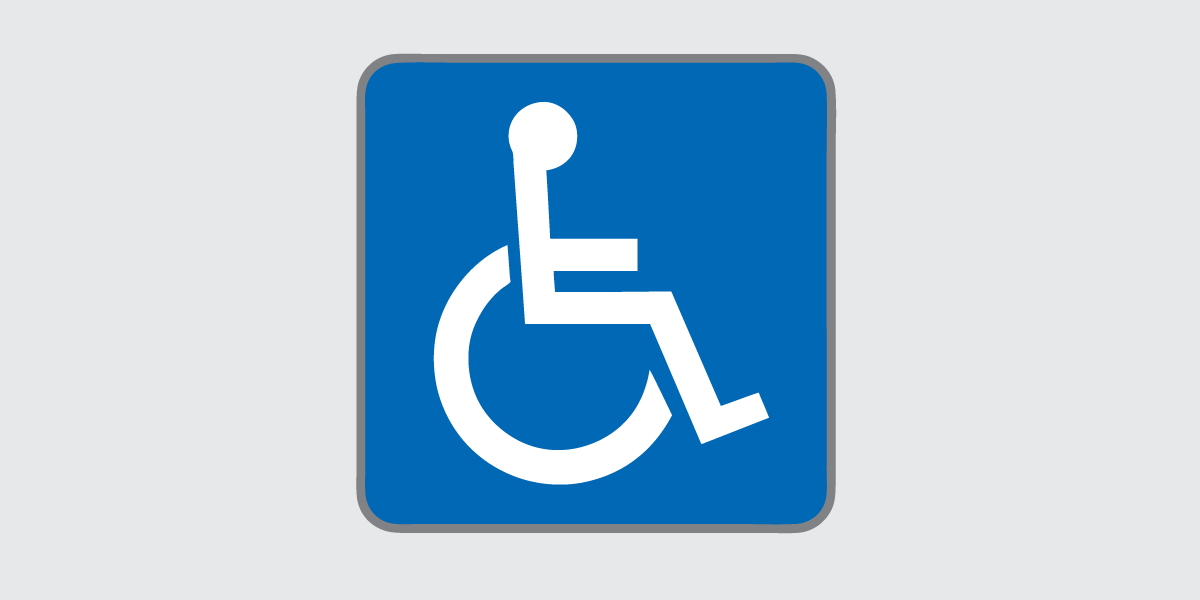
In addition to reasonable accommodations, landlords are also required to allow you, as a tenant, to make some modifications in order to accommodate a disability.
Again, this term in intentionally vague. But the general idea is that as a renter, you should be able to make modifications that will significantly improve accessibility without significantly modifying the rental property.
Property modifications
Some examples of reasonable accommodations might include:
- Installing a temporary/removable ramp outside of the property
- Installing grab bars in the shower
- Lowering countertops
- Modifying handles or doorknobs
Any modification done to a rental property is subject to landlord approval.
It should also be noted that these modifications are made at your own expense. So as a renter, you’ll be expected to foot the bill. There are some options for getting assistance to pay for such modifications, which can be found in our Additional Resources section below.
CHAPTER 5
Building Accessibility Requirements
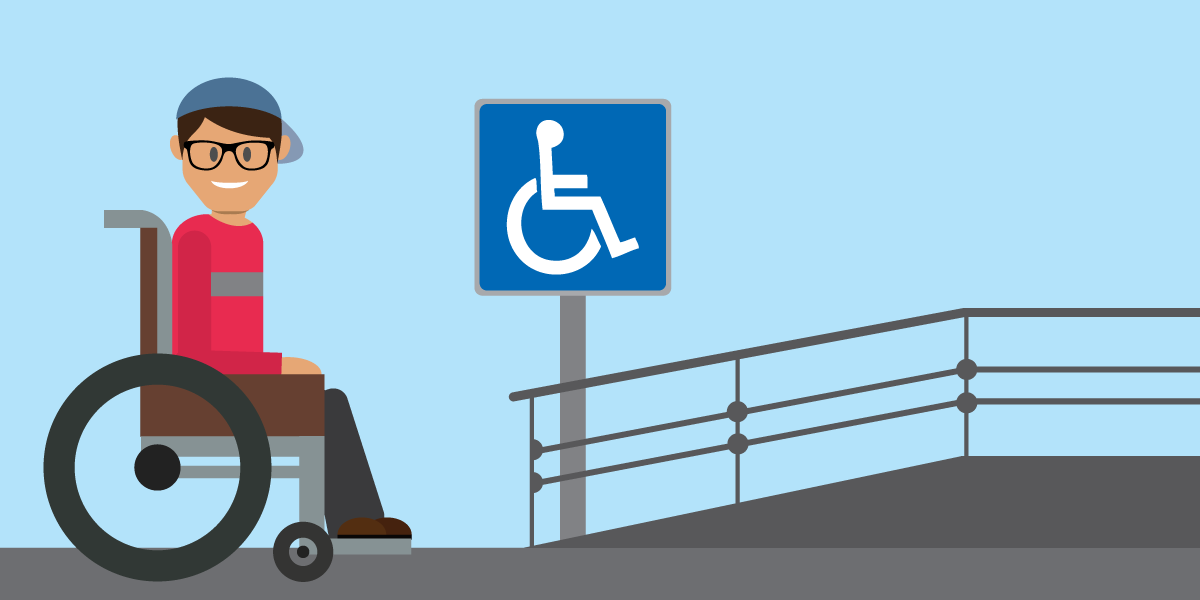
Although rental providers are not required to make extensive modifications to existing properties, “new” construction is required to have accessible accommodations per the Fair Housing Act. This includes all dwellings that were constructed for first occupancy after March 13, 1991.
These accessibility requirements apply to all multifamily housing with 4 or more units and which have an elevator.
Accessible design
They must meet the following accessibility design standards:
- Accessible Entrance on an Accessible Route
- Accessible Public and Common-Use Areas
- Usable Doors
- Accessible Route Into and Through the Dwelling Unit
- Accessible Light Switches, Electrical Outlets, Thermostats, and Environmental Controls
- Reinforced Walls in Bathrooms
- Usable Kitchens and Bathrooms
For multifamily units with 4 or more units but without an elevator, the units on the ground floor are still required to meet these standards.
CHAPTER 6
Service and Support Animals
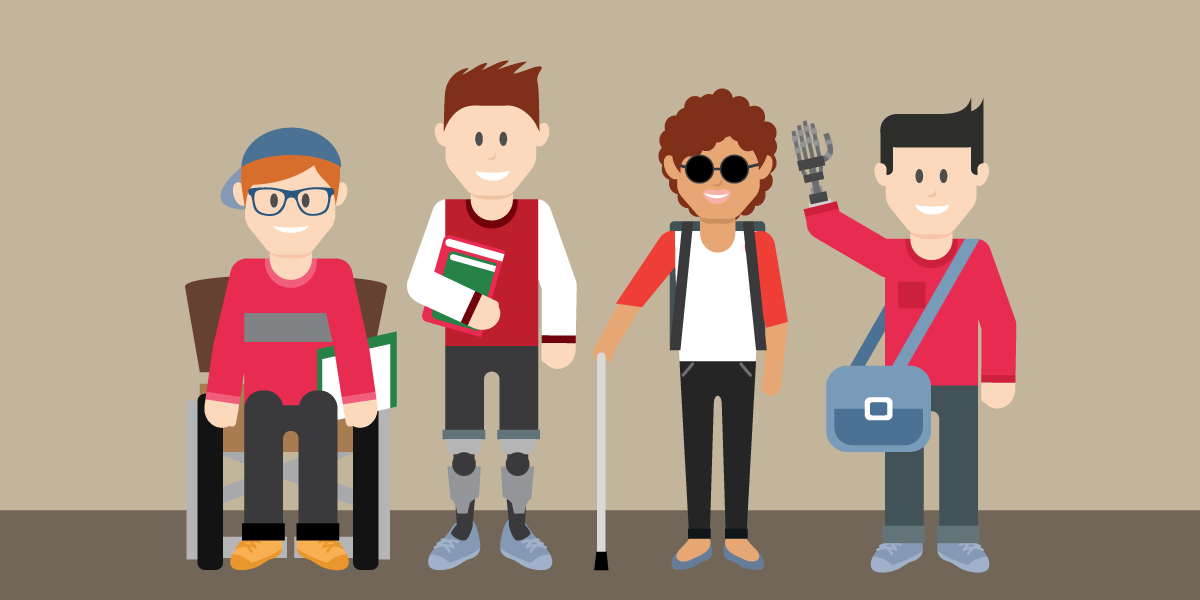
In accordance with the aforementioned reasonable accommodation law, rental providers are generally expected to allow for renters to have a service or support animal as needed, even in the case that a rental does not generally allow pets. This is because, by law, such animals are not classified as pets–they perform a service or provide assistance to those in need.
So long as allowing such animals does not violate the clause that forbids undue financial or administrative burden, they should be accepted in almost all cases. The Department of Housing and Urban Development has filed and settled multiple lawsuits in which landlords refused tenants the ability to have such animals.
Classification and training
State laws regarding the classification of such animals may vary, but the Fair Housing Act does not require an animal to be specially trained or certified in order to qualify as a service or support animal. Although, a tenant may be required to provide proof that a medical professional has recommended the use of a service or support animal.
Lastly, there is no restriction on the landlord’s ability to request an additional deposit or other payments related to having the animal on the premises.
So a landlord may request that you provide an animal deposit or escrow payment that could be used to offset the cost of any damage or other issues caused by the animal.
CHAPTER 7
Documentation of Disabilities

It’s important to know that as a student renter, your landlord may ask you for certain information related to your disability and any modification or accommodation requests.
According to the Fair Housing Act, disabilities that are “obvious” and/or modifications or accommodations that are also clearly relevant (e.g., ramp access for a renter in a wheelchair) don’t require any additional proof or documentation. But your rental provider may ask for additional information or documentation related to disabilities that are “not obvious” and/or any modifications or accommodations request related to those disabilities.
So, for example, if you are requesting that the landlord accommodates a service animal for a “non-obvious” disability such as PTSD or chronic depression, then they may ask that you provide a statement from a third party or medical professional that details the circumstances related to the disability and your request.
In you’re asked to provide documentation related to your disability, there are a few ways to do so:
- Written personal statement regarding your condition
- Letter from a doctor or medical provider
- Written statement from a support group or related agency
- Written statement from a credible third party
Your landlord may request specific documentation–such as a letter from a medical professional.
CHAPTER 8
Help Finding Accessible Housing

Knowing your rights is important, but ultimately you just need to find a place to live. Luckily, there are many resources and organizations that can help you navigate this process.
Finding accessible housing
You may want to begin your search by identifying housing that is already accessible. To do this, you can use many of the mainstream property search sites, but the search functionality on Apartments.com seems to have the best filtering for accessibility.
Most rental property search sites have an indicator or filter mechanism that indicates if a property is accessible. You can use these indicators to show which properties might be right for you.
Getting assistance
If you’re having trouble identifying accessible housing that meets your needs, there are additional resources that can help you find the help you need:
- Your college’s Office of Student Life or Student Services
- Find your state/local fair housing resources
CHAPTER 9
Additional Resources
Here is a list of additional resources that may be useful for students with disabilities in their search for a place to live:
- HUD Online Complaint Form – File a complaint if you feel your rights have been violated
- HUD Resource Locator – Automatically locates local HUD resources
- State-by-State Fair Housing Resources – Find local offices and assistance
- Home Modification Funding Sources – List of public and private resources for funding home modifications
Share this article:

